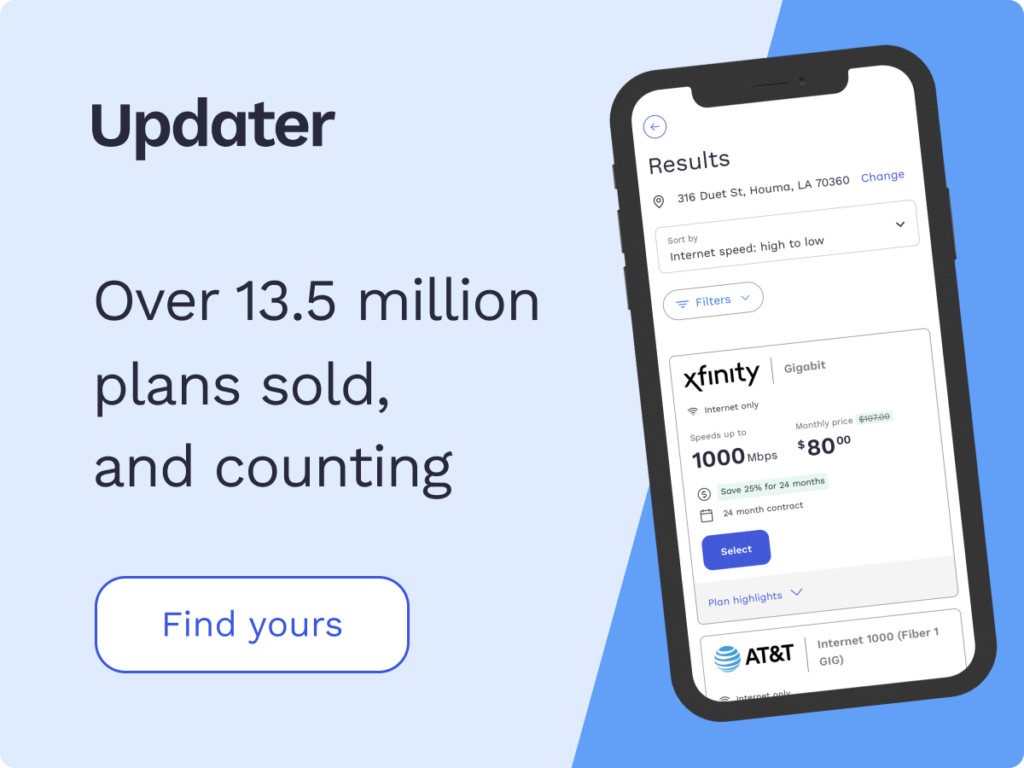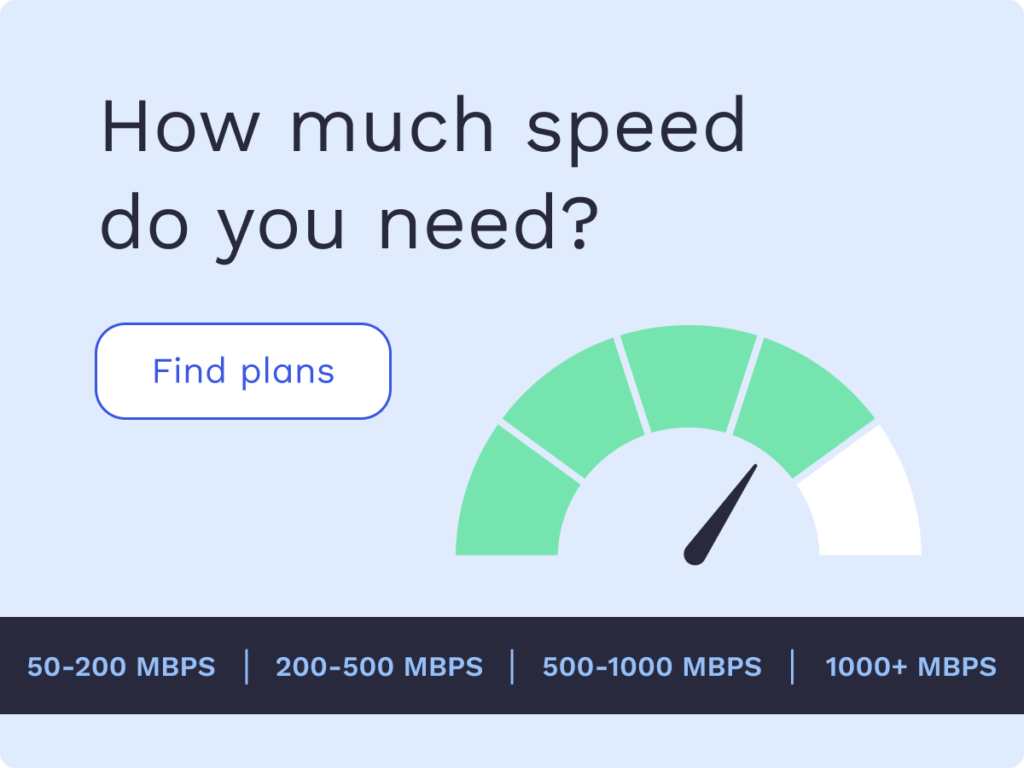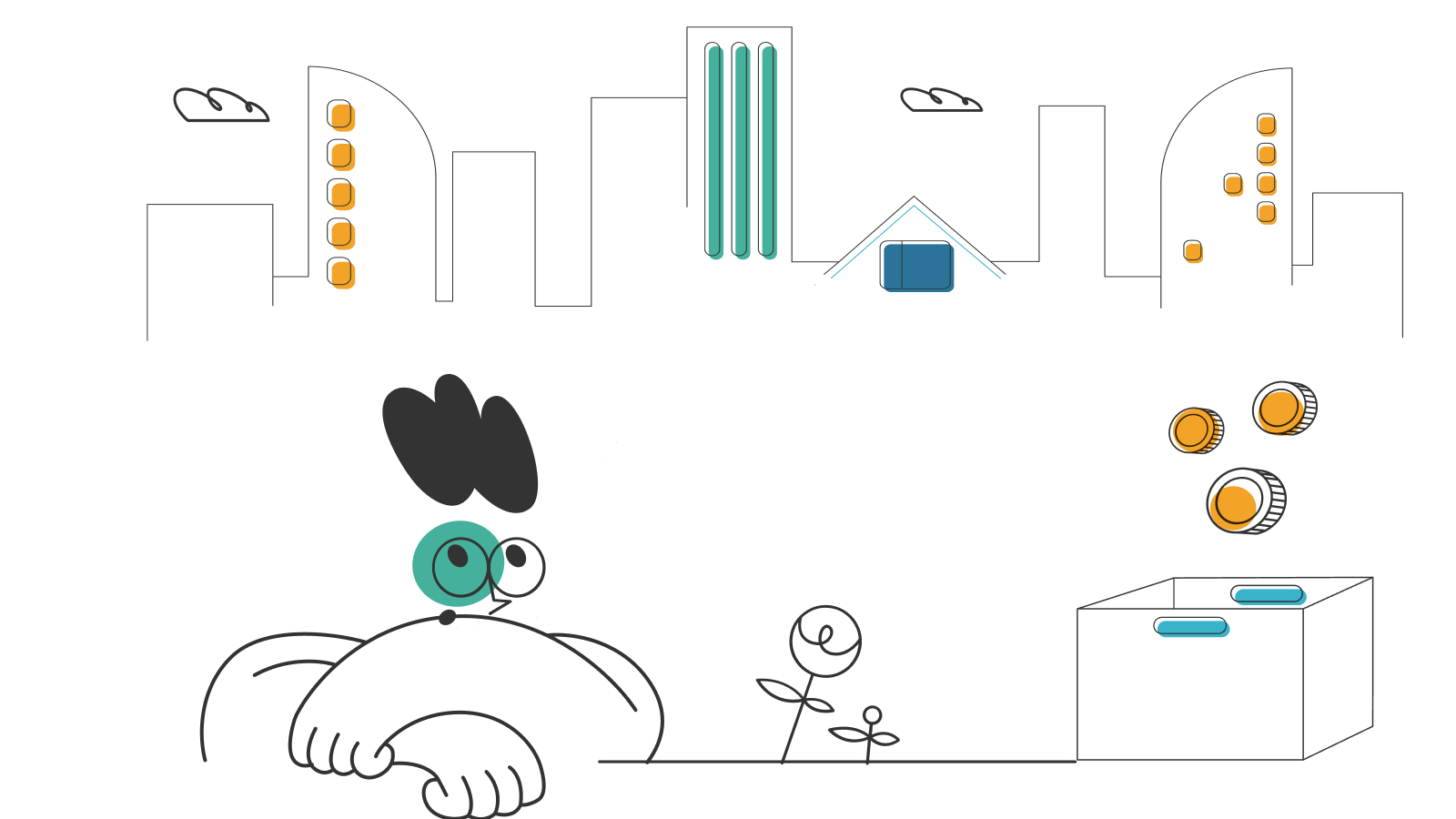Is 100Mbps Fast?

Enjoy Seamless Streaming with 100Mbps Internet Speed
Picture this: it’s the season four premiere of your favorite show. Everyone’s gathered, snacks in hand, and just as the action heats up, your video buffers. Frustrating, right? While Netflix recommends 15Mbps for 4K UHD streaming, your 100Mbps plan should easily cover this. But what if everyone in the house is also online?
Maximize Your 100Mbps Internet
A 100Mbps internet plan is fast, but multiple devices and activities can stretch it thin. Here’s how to ensure your connection stays speedy and reliable.
What 100Mbps Supports
Internet Speeds Explained
- Up to 5Mbps: Ideal for solo browsing, checking emails, and single-device streaming.
- 5 to 40Mbps: Supports up to three people streaming and one smart home device.
- 40 to 100Mbps: Perfect for 4K streaming on multiple devices and moderate online gaming.
- 500Mbps to 1Gbps: Great for high-demand households with multiple devices and smart home systems.
- 1Gbps+: Best for households or small businesses with heavy internet usage and multiple 4K streams.
Practical Uses for 100Mbps
- General Browsing: Up to 100 users.
- Video Streaming (HD): Around 40 devices.
- Downloading Files: A 100MB file in 8 seconds.
- Gaming: High-graphic games in about an hour.
Understanding Upload vs. Download Speeds
Most 100Mbps plans emphasize download speed, crucial for browsing and streaming. However, upload speeds, important for activities like video conferencing and content creation, are typically lower. Some ISPs offer balanced speeds, which are ideal if you frequently upload large files.
Key Considerations for Internet Speed
Cost and Package Options
A small household can thrive on 100Mbps, but always compare plans. For example:
- EarthLink: 100Mbps DSL at $59.95/month.
- Verizon Fios: 300Mbps fiber at $39.99/month.
Device Count
- Up to 50Mbps: Three devices.
- 100Mbps: Six devices streaming 4K.
Gaming Needs
For gaming, speed and low ping are essential. A 100Mbps plan can support 2-3 gamers, but ensure your connection has low latency for the best experience.
Cost of a 100Mbps Internet Plan
Pricing varies widely:
- CenturyLink: $50/month for 100Mbps with a 1TB data cap.
- Mediacom: $29.99/month for 100Mbps with a 1TB data cap.
- Xfinity Performance: $83.95/month with no data cap.
Router Impact on Speed
Your router must match or exceed your plan’s speed. A 100Mbps plan requires a compatible router to avoid bottlenecks.
FAQs
Is 100Mbps good for gaming?
Yes, it supports multiple gamers, but ensure minimal household streaming and a low ping rate.
Is 100Mbps enough for a small business?
Yes, for general use and occasional HD video, but it depends on the number of users and specific needs.
Why is my speed test lower than 100Mbps?
“Up to 100Mbps” means speeds can fluctuate. Consistently lower speeds should be addressed with your ISP.
Should I choose fiber, cable, DSL, or satellite?
- Cable/DSL: Affordable and reliable.
- Fiber: Fast and slightly more expensive, but prices are decreasing.
- Satellite: Costly and affected by external factors, with 100Mbps as a typical maximum.
Get the Most Out of Your 100Mbps Plan
A 100Mbps plan is versatile, supporting a range of activities from streaming to gaming. By understanding your household’s usage and optimizing your setup, you can enjoy a fast, seamless internet experience.
*Pricing varies by location and availability. Speeds may vary. All prices subject to change; for current pricing and availability visit our internet service page. Prices as of 6/21/22.
Disclosure | Updater articles are based on our own data and research, independent from partner relationships. We are not compensated by partners for information and opinions presented here. Our Editorial Terms of Service can be found here.














